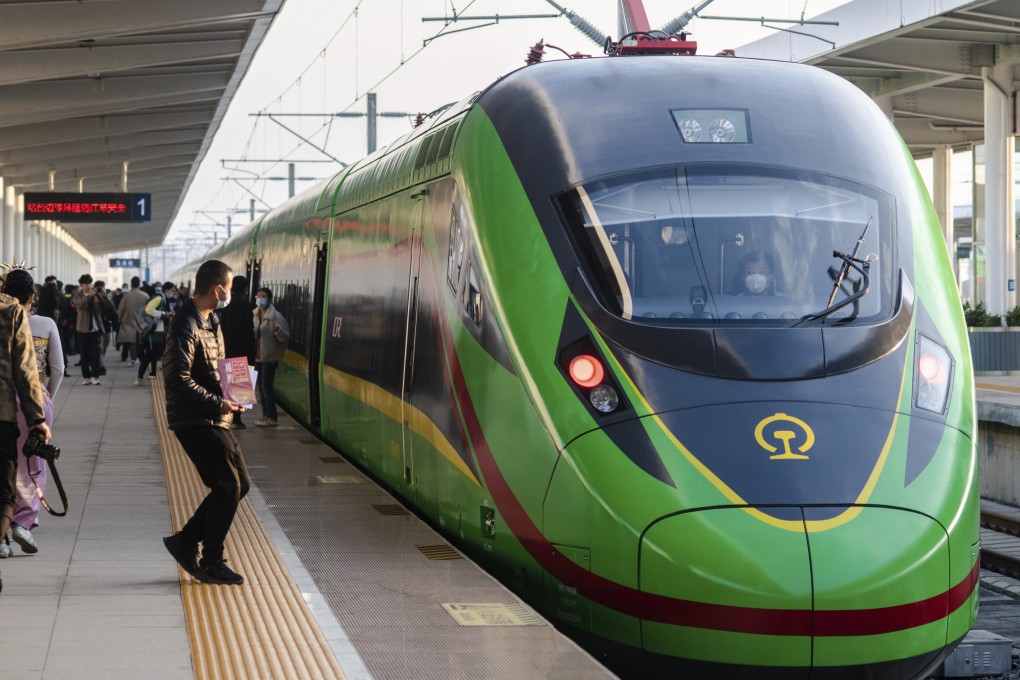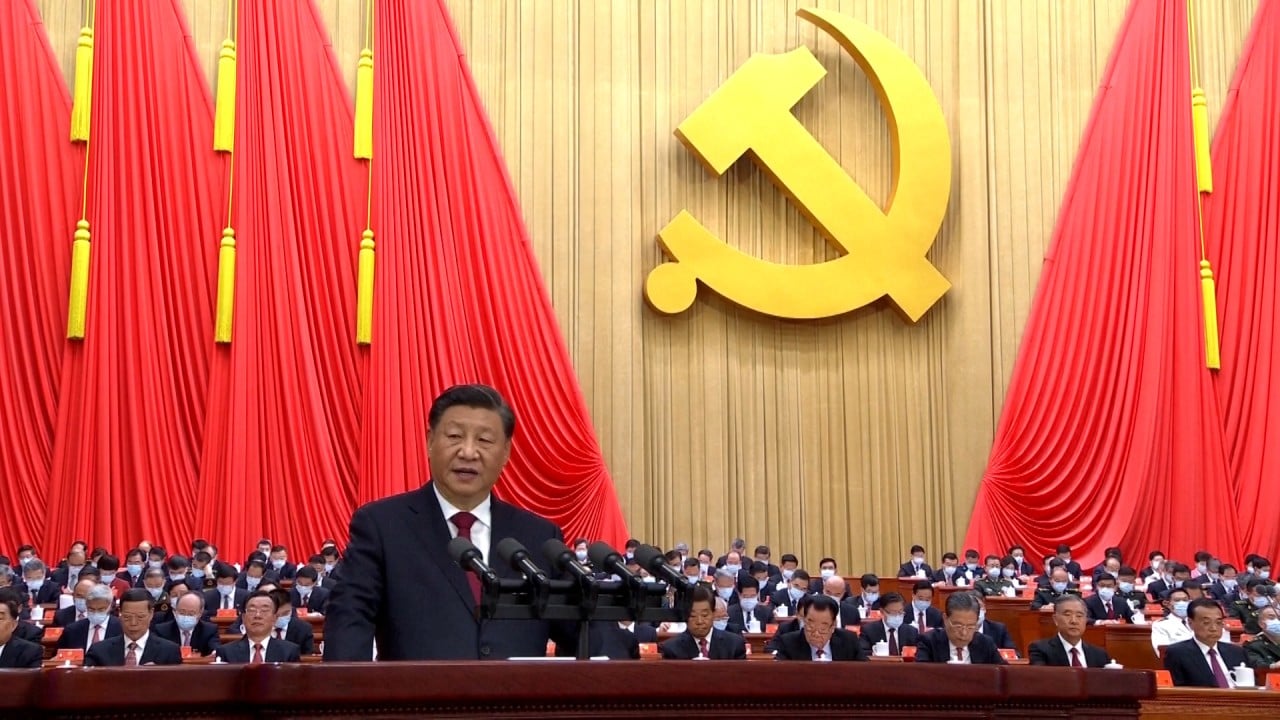Asian Angle | What Xi Jinping’s third term means for belt and road, China-Asean ties
- Belt and road investments suffered contractions due to disruptions brought on by the pandemic, but funding for projects in Southeast Asia rose in 2020
- China has been Asean’s largest trade partner since 2009, and the bloc became China’s largest trade partner in 2020

Xi’s term extension may help portray China as a more stable international actor, especially in the eyes of belt and road participating countries. This is in contrast to rivals that are more susceptible to policy disruptions or swings after periodic elections or abrupt leadership changes. At a time when geopolitics are in flux, Beijing’s stability may have far more appeal.
But the belt and road, now in its ninth year, is also likely to be calibrated. Growing scrutiny of China’s overseas loans and its own ballooning debt may inject more prudence in the country’s lending binge. But while China is closing the taps on impractical proposals, sunk costs tie its hands to sustain support for current commitments. Beijing does not want to be seen as an inconsiderate partner who walks away when the going gets tough.

